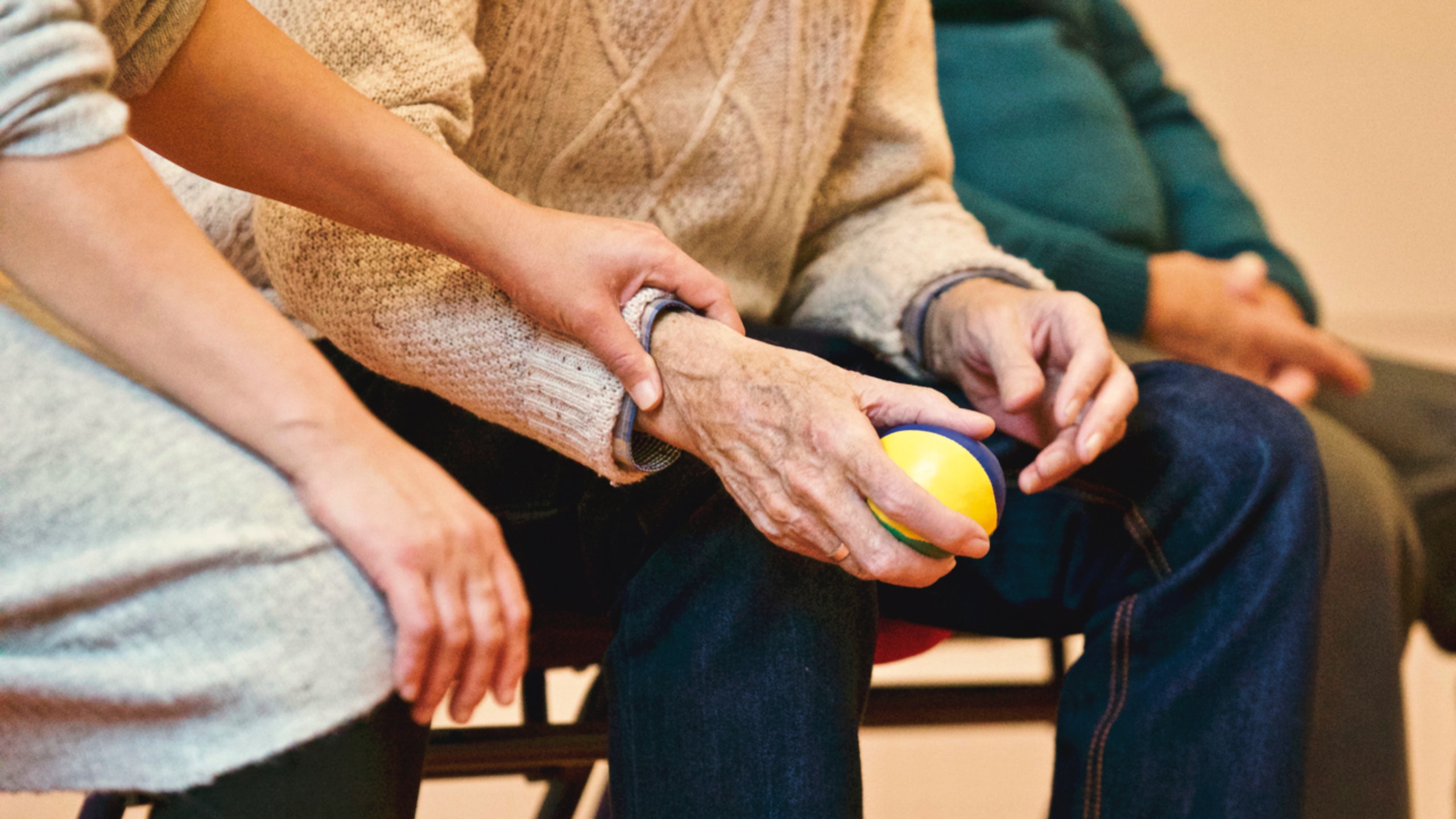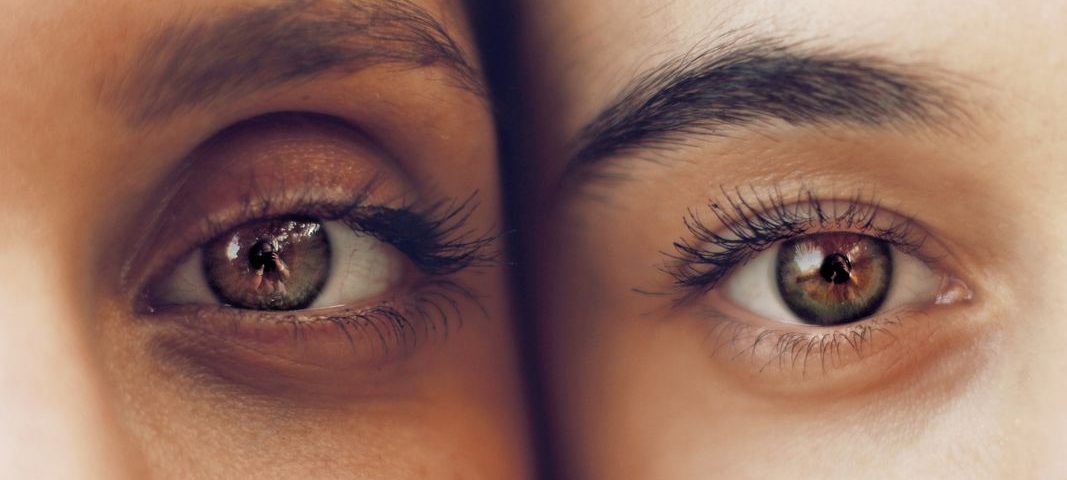CBT, or cognitive behavioural therapy, is a well-established talking therapy used to help treat a number of mental health disorders. At its core, its purpose is to help the patient understand their own thought processes – recognising how these influence their emotions and behaviour. If someone can understand why they have certain thoughts then they can take steps to control their reaction to events in life; bypassing the typically counterproductive responses of anger, fear and withdrawal away from others.
While there have been many studies into the effectiveness for CBT for depression, there also exists a great deal of misinformation muddying the waters. With this in mind, this article is simply an objective presentation of the existing evidence. Does CBT help with depression? How much? And are there better options available?
How can CBT help depression?
In a depressive state, thoughts often occur through a negative perspective. Like coloured light passing through a grey-filter, it does not matter whether a situation is, by all consensus, a positive one – the end result is muted view of the world. Indeed, it’s this feeling of apathy, of not feeling that’s the hallmark of depression. The idea behind CBT is to remove this filter, allowing the patient to see the world in more positive and, importantly, realistic tones.
A typical session involves talking through feelings and thoughts with a psychotherapist, who helps to identify the false thought patterns and unhelpful ingrained behaviours that underpin depression. Over time a skilled therapist enables patients to replace these thoughts with more helpful ones. It’s widely accepted that there are 15 main ‘cognitive distortions’ – filters that change the way we see the world. For example ‘the fallacy of fairness’, is a distortion whereby someone goes through life expecting that everything will be fair and balance out. When faced with the realities of an unjust world there will be an unrealistic, and ultimately disheartening, difference between expectations and experiences. It is the aim of CBT to ultimately address and undo these damaging distortions.
How effective is CBT for depression?
There have been many studies aimed at establishing the effectiveness of CBT for depression. While the exact results differ – dependent on factors such as the age of those involved, the severity of their depression, the amount of CBT given and the level of effort directed towards recovery; all reach the conclusion that CBT is beneficial for relieving the symptoms of depression compared to groups receiving no established treatments.
What’s interesting about these findings is that CBT was generally found to be more effective than treatment with traditional antidepressants, surprising considering that drugs have easily demonstrable scientific impact. Studies also found that patients, by and large, were less likely to relapse once treatment stopped – indeed, withdrawal of drugs can often lead to unpredictable consequences often spiralling into an even more severe depression.
In one of the largest studies of its kind, 469 adults in the UK were split into two completely randomized groups. Every person in the study was receiving antidepressants as part of ongoing treatment but one group was given CBT in addition to this. In its summary, the scientists concluded that over twelve-months CBT for depression resulted in a three times higher chance of responding to treatment and a reduction in symptoms. This is particularly promising as it’s thought that only one third of people respond positively with antidepressants alone. However It is important to remember that these individuals were on both treatments, suggesting that a mix of methods is often best for treating depression.
Perhaps the best evidence for the effectiveness of CBT for depression comes when all the studies (over 260) are grouped together and treated as one. When the numbers are crunched it’s believed that up to 87% of people show clinical improvement when receiving CBT. Bear in mind this a the higher estimate but it shows demonstrably more promise than the same estimate for other kinds of therapy (between 45 and 70%).
How much CBT is enough?
There is no definitive answer that says a certain amount of CBT is required to be effective, although 8 sessions is thought to be a minimum benchmark. Generally speaking, most people benefit from one or two sessions per week, lasting around 50 minutes each. This allows a gradual reinforcement of ideas to take place and gives enough time to allow the patient to use its strategies in day-today life without feeling overwhelmed. Of course everyone is different, some find talking to a therapist on a more regular basis to be extremely helpful whilst prefer less contact.
Do the effects of CBT last?
CBT aims to change thinking patterns in a permanent manner, leading to lifelong change when the lessons and insights continue to be applied. To use an analogy, the journey of life can be thought of a long winding drive. Sometimes a car might veer off course for a number of reasons and while medication can be useful regaining control, only CBT helps in identifying root issues and changing them for the better.
How do I know CBT will work for me?
As a type of talking therapy, much of the effectiveness of CBT rests with seeing a skilled therapist. There are many kinds of psychotherapists, all with differing specialities. When looking around make sure that they have high-level expertise in CBT and qualifications, such as BABCP certification, to back it up. A good therapist will be able to see which CBT techniques are most effective for your personal circumstances and adjust accordingly, creating the best bespoke treatment plan possible. Under these conditions, the effectiveness of CBT for depression is very high.
At Psytherapy we specialise in CBT therapy for personality disorders, anxiety and depression. If you’d like to find out more about CBT and whether it’s the best course of action for you, get in touch today for confidential advice.


 Back to all posts
Back to all posts




























